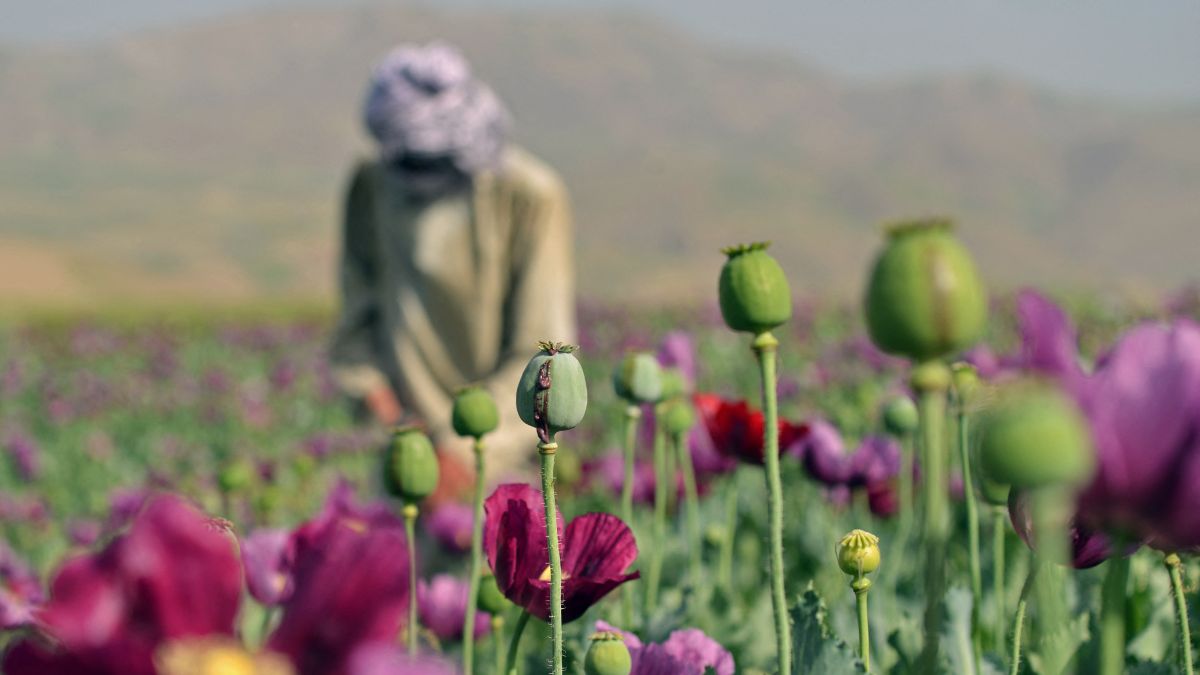Iran is planning to grow legal opium poppies for medicinal use, for the first time in decades, after the Taliban government banned its supply amid a crackdown in Afghanistan.
Afghanistan was the main source of illicit drugs for Iranian manufacturers of morphine and other opioids, before the Taliban banned poppy cultivation in 2022. Since then, the supply has dropped from 750 tonnes in 2021 to around 200 last year, as per government estimates.
With the country’s Food and Drug Administration warning that ongoing supply shortages could threaten public health, Iran is now working to cultivate enough poppies to meet its domestic needs.
FDA spokesperson Mohammad Hashemi told the _Financial Times, “_Legal cultivation is necessary to ensure long-term sustainability. Without legal cultivation or controlled imports, the country may face problems in securing vital medicines such as morphine, codeine and pethidine.”
Officials have said that the plan to reintroduce poppy cultivation has been approved by Iranian President Masoud Pezeshkian.
“Given the difficulties of imports under sanctions, it was decided to rely on regulated domestic production,” government spokesperson Fatemeh Mohajerani said.
How much opium does Iran need?
Experts estimate that Iran requires around 500 tonnes of opium annually for pharmaceutical production, but international sanctions have made imports challenging. While medical supplies are officially exempt from US sanctions, banking restrictions imposed by Washington continue to cause significant delays and disruptions in the supply chain.
Hashemi said that Tehran will seek authorisation from the UN’s International Narcotics Control Board for the cultivation of the drug, adding that production will start depending on legal procedures and permissions.
Impact Shorts
More ShortsSaeed Sefatian, a former director-general at Iran’s Drug Control Headquarters (DCHQ), told FT, “Opium poppies are suitable for Iran as they require relatively little irrigation. Thus, Iran can both meet its domestic needs and, with UN supervision and co-ordination, expand exports. The world needs morphine.”
Why was opium cultivation banned in Iran?
Opium production in Iran has been banned since the 1979 Islamic Revolution, which brought an end to the decade-long poppy cultivation program initiated by former Shah Mohammad Reza Pahlavi. Following the ban, Iran became a major transit route for narcotics smuggled from Afghanistan en route to West Asia and Europe.
Drug addiction has remained a persistent issue in the country. In 2010, the United Nations identified Iran as the world’s largest consumer of opium. Although recent statistics are limited, a 2015 government report estimated that 4.4 million Iranians were regular or occasional drug users.
)